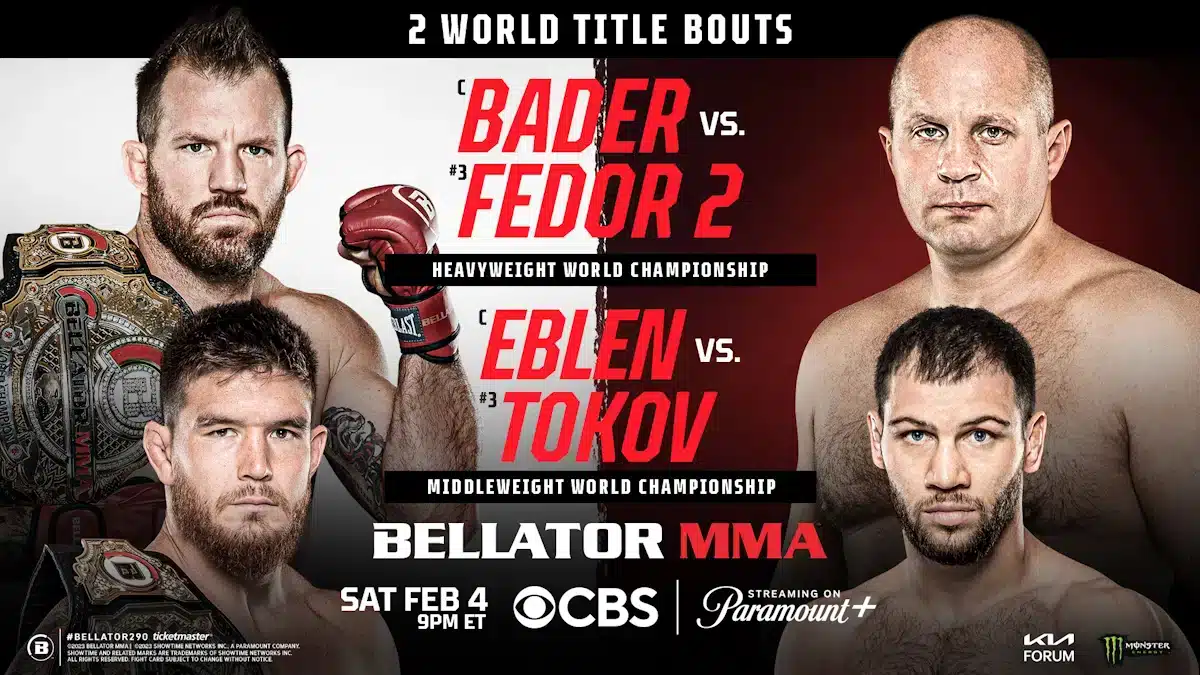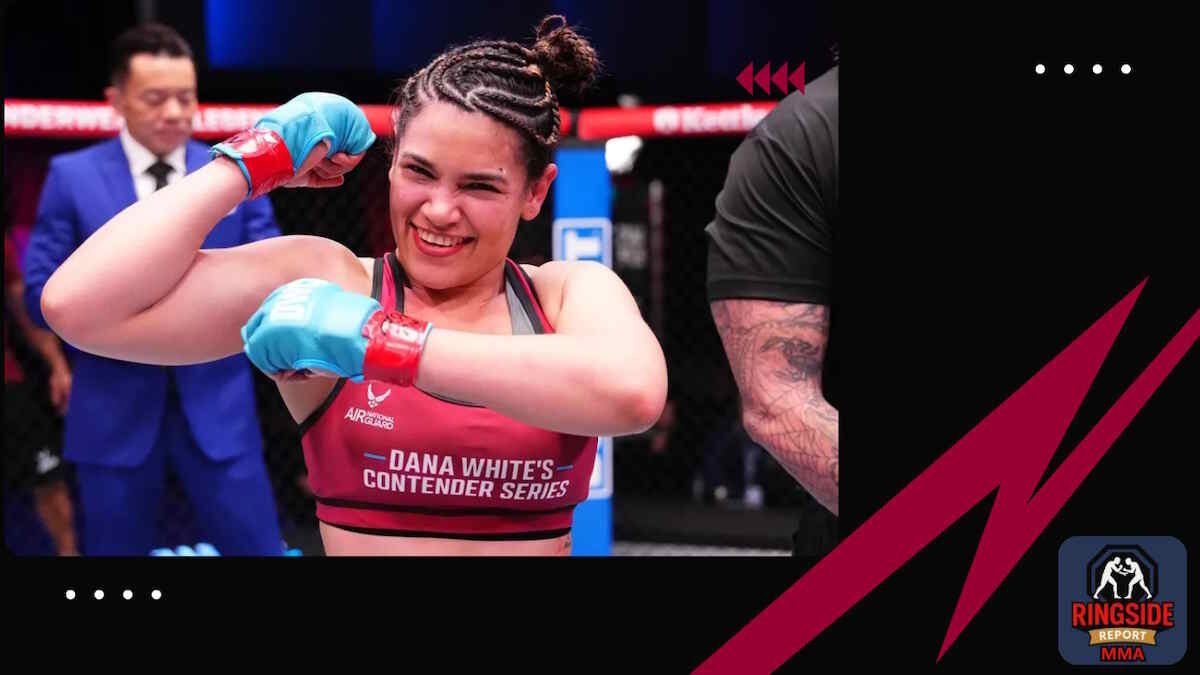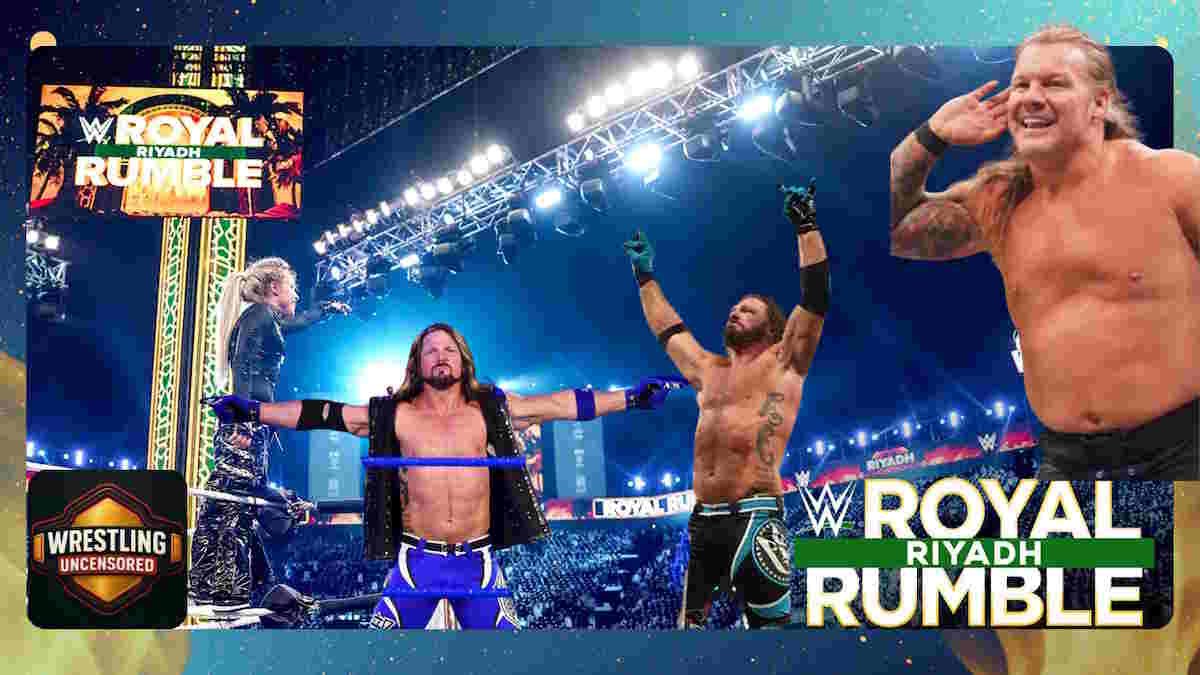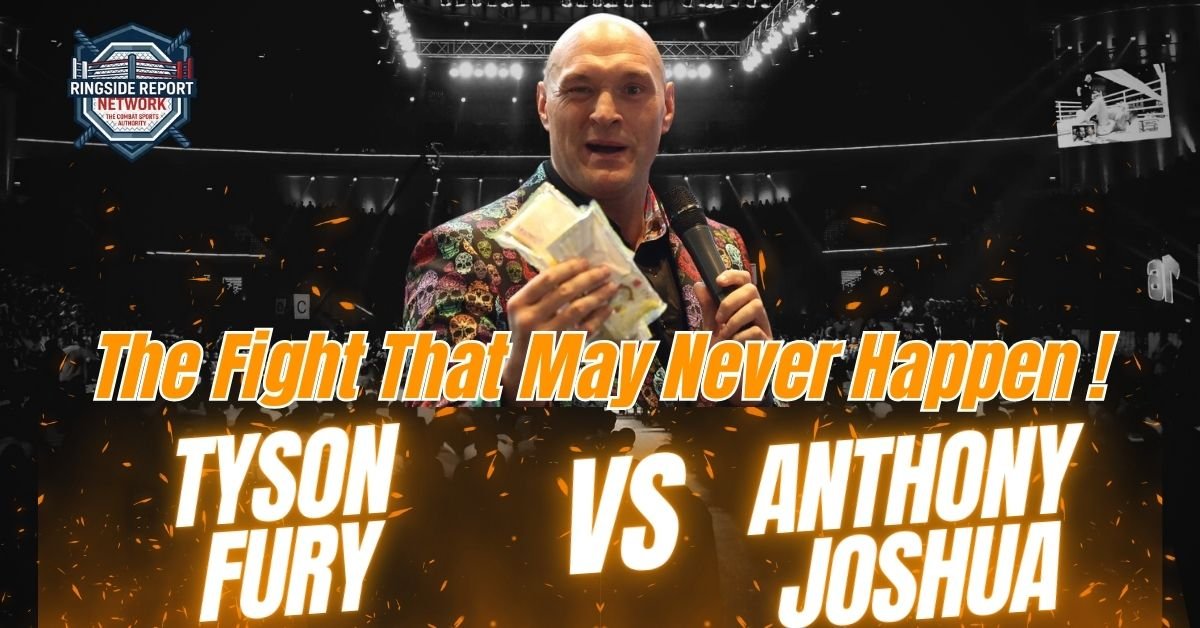Look, let’s get something straight right off the bat — MMA tournaments are the combat sports equivalent of reality TV. Everyone claims they hate them, everyone says they’re beneath “real” competition, and yet somehow every fighter worth their salt ends up begging for an invitation when the checks start getting written.
The Obvious Take Everyone Gets Wrong About Tournaments
The obvious take here is what you’ve heard a thousand times: tournaments are gimmicky cash grabs that compromise athletic integrity for entertainment value. Purists point to the rushed timelines, the potential for injury accumulation, and the fact that the best fighter doesn’t always win when you’re dealing with multiple fights in a compressed timeframe. They’re not wrong — that’s precisely what tournaments are.
But here’s the reality that those same purists conveniently ignore: tournaments solve problems that traditional MMA booking can’t touch. When you’ve got a division clogged up with contenders who all have legitimate claims but won’t fight each other, what do you expect promoters to do? Sit around for two years playing matchmaker while everyone holds out for the perfect stylistic matchup?

Why Tournaments Actually Force Action
That’s the thing about tournaments — they force action. Look at PRIDE’s Grand Prix format back in the day. You think Fedor wanted to fight three heavyweight monsters in one night? Of course not. But that tournament structure created legendary moments that single fights never could have delivered. The 2000 PRIDE Grand Prix Finals remain among the most compelling MMA ever broadcast, precisely because the format stripped away the political maneuvering that plagues modern matchmaking.
The Psychology Behind Fighter Resistance
The psychology here is fascinating when you dig into it. Fighters publicly complain about tournament formats because it’s the smart play — you never want to seem too eager for anything in this business. But privately? Come on, brother. These guys know tournaments offer something regular fights don’t: the chance to build a resume in compressed time and create career-defining moments that casual fans actually remember.
Here’s what we’ve learned covering this sport for years: fighters hate uncertainty, but they love opportunity. Tournaments provide both in equal measure. You might get a terrible stylistic matchup in the semifinals, but you also might catch lightning in a bottle and leapfrog three years of careful career building in one night.
The Economics Nobody Talks About
The economics are even more straightforward. Tournament winners don’t just get prize money — they get narrative momentum that translates to bigger paydays down the line. Look at someone like Eddie Alvarez, who built his entire early career reputation off tournament victories. Those wins didn’t just pay his bills; they established him as a must-watch fighter who could deliver under pressure.
Let’s Be Honest About the Downsides
Now, let’s be honest about the downsides, because pretending they don’t exist would be dishonest. Tournament formats absolutely favor certain fighting styles over others. Grapplers who rely on grinding out decisions get punished by quick turnarounds. Strikers who can end fights quickly have a massive advantage. The sample size is too small to prove who the “best” fighter is definitively, and injuries sustained in early rounds can completely alter later matchups.
But you know what? That’s not a bug in the system — it’s a feature. Traditional MMA has become so focused on finding the “best” fighter that we’ve forgotten about finding the most entertaining one. Tournaments reward adaptability, mental toughness, and the ability to perform under unique pressure. Those aren’t lesser skills; they’re different skills.
My Bold Prediction: Tournaments Are Coming Back
Here’s my bold prediction: we’re about to see a major resurgence in tournament-style MMA within the next two years. The UFC’s recent experiments with contender series formats are just the beginning. With streaming platforms desperate for content and traditional TV struggling to build compelling narratives around individual fights, tournaments offer ready-made storylines that write themselves.
The PFL has already proven there’s an audience for this format, but they’re thinking too small. What happens when a major promotion decides to run a heavyweight tournament with real stakes? Not prospect development, not tune-up fights — a legitimate championship tournament featuring ranked contenders who actually want to be there.
Where This Could Go Wrong
It’s complicated, though, because the very things that make tournaments appealing to promoters — compressed timelines, multiple revenue opportunities, built-in drama — are precisely what make established champions hesitant to participate. Why would you risk your title and your health in a format designed to create upsets when you can make similar money in traditional superfights?
That’s where I might be completely wrong about this prediction. The financial incentives might not be strong enough to outweigh the career risks, especially for established fighters. But for hungry contenders looking to break through? Tournaments represent the fastest path to relevance in a crowded landscape.
What Happens Next
Look, here’s what I think happens next: we’ll see hybrid formats that combine tournament elements with traditional booking. Think elimination-style competitions spread over longer timeframes, or tournaments that feed directly into title shots rather than creating separate championships. The key is finding ways to preserve the drama and narrative benefits while reducing the physical toll that makes fighters and managers nervous.
The fighters can keep pretending they hate tournaments all they want. But when push comes to shove, and the alternative is sitting on the sidelines waiting for the perfect opportunity, they’ll take the tournament slot every time. And honestly? That’s probably better for everyone involved — fighters, promoters, and fans who just want to see the best compete against each other rather than play politics.





